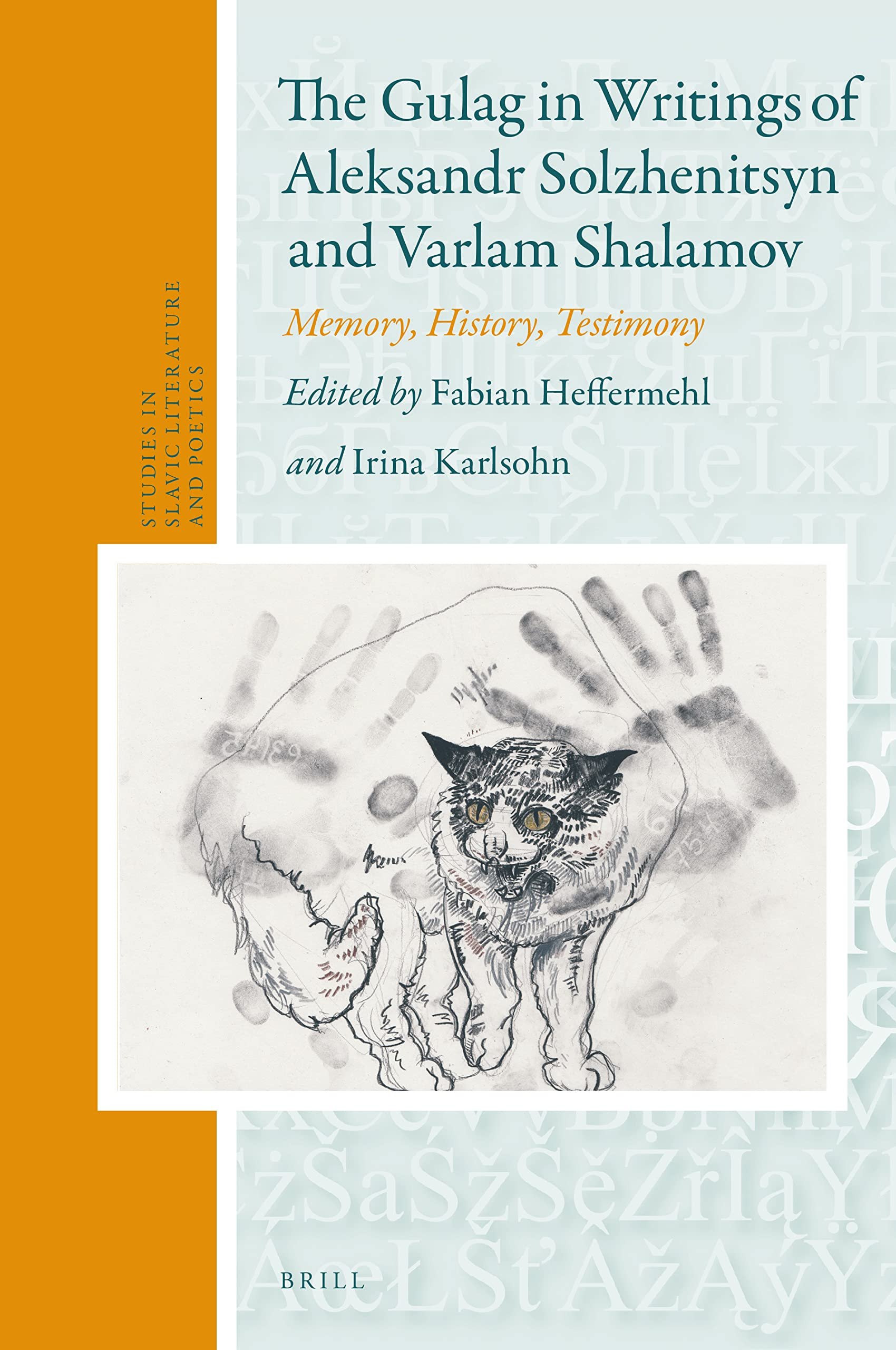The Symphony for the Zeki is written to remember and educate about the systems of gulags in the Soviet Union and their millions of prisoners, known as the zeki. Gulags were labor and death camps run by the government to imprison their own citizens, usually political prisoners. The inspiration for this symphony is rooted in Aleksandr Solzhenitsyn’s book The Gulag Archipelago, which recounts his own eleven years in labor camps and exile, along with stories from some two-hundred survivors. This book played a pivotal role in the downfall of the Soviet Union and shed light on what was behind the Iron Curtain. Each movement is titled after a chapter from the book.
Movement I: The History of Our Sewage Disposal System opens with La Internationale, which for many years was the Soviet national anthem, and is still used by many socialist and communist parties today. This movement depicts the waves of arrests, interrogations, and transfers of prisoners by train into the Gulag, never to see their families again. Many remember “the sharp nighttime ring or the rude knock at the door.” Many of those who were arrested were later tortured into giving forced confessions.
Movement II: The Archipelago Rises from the Sea describes the time spent within the Gulag. The prisoners experienced unimaginable working conditions, but somehow found the will to continue until the end of their sentence. Yet when prisoners were released, some would quickly pass away, having fought for so long. The prisoners were not the only victims of the Gulag—the torturers’ souls departed “downward from humanity” according to their grievous actions. And that underworld of Russian thieves held the credo: “you today; me tomorrow,” which was their constant reminder of how quickly things could change.
Movement III: The Ascent portrays the rise of the soul of the prisoner within the camp. Solzhenitsyn met Dr. Boris Nikolayevich Kornfeld after an operation on his malignant tumor in the camp hospital. Dr. Kornfeld kept Solzhenitsyn company that night and recounted the story of his conversion from Judaism to Christianity. Before departing, he left this final thought with Solzhenitsyn, which happened to be his final words as he was murdered the next morning: “I have become convinced that there is no punishment that comes to us in this life on earth which is undeserved. Superficially it can have nothing to do with what we are guilty of in actual fact, but if you go over your life with a fine-tooth comb and ponder it deeply, you will always be able to hunt down that transgression of yours for which you have now received this blow.” It was this that allowed Solzhenitsyn to accept the atrocities in his life and ascend high above the suffering and pain that surrounded him in the physical world.











